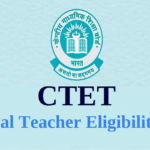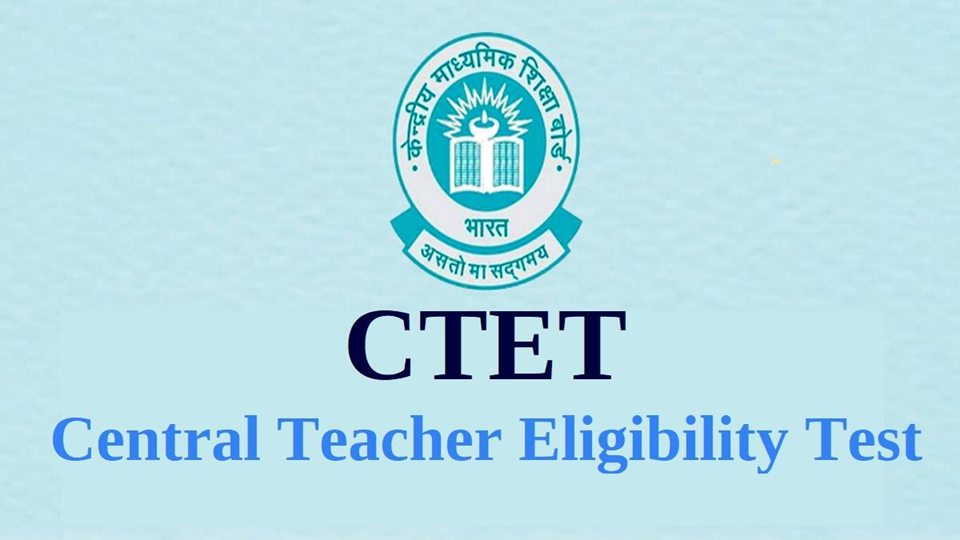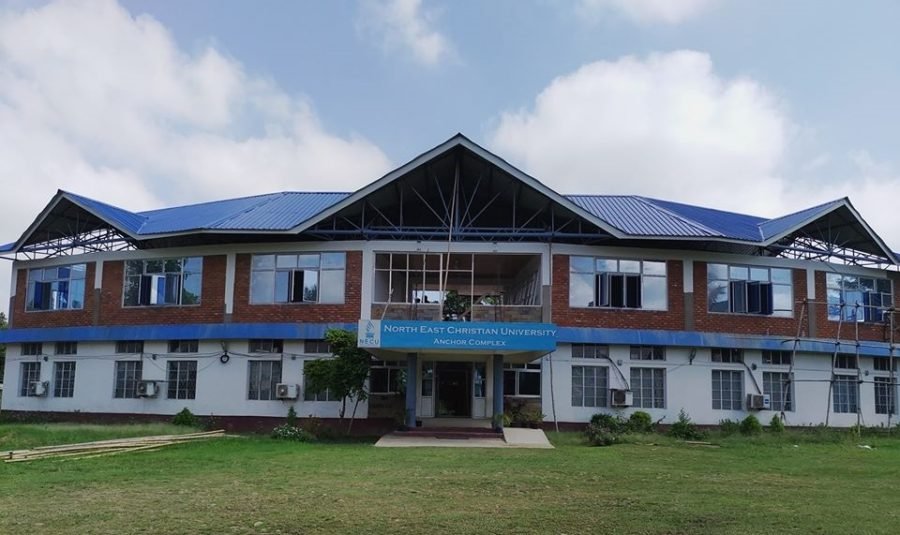Teaching is one of the most respected and fulfilling professions in India. It shapes the future of the nation by nurturing young minds. To maintain quality and uniform standards in teaching, the Central Board of Secondary Education (CBSE) conducts the Central Teacher Eligibility Test (CTET) every year. With the CTET 2025–26 session approaching, aspiring teachers across the country are gearing up to secure their place in government and private schools. This exam serves as a gateway for those who wish to teach at the primary and upper primary levels in schools affiliated with the Central Government and various State Governments.
What is CTET?
The Central Teacher Eligibility Test (CTET) is a national-level examination conducted by CBSE to assess the eligibility of candidates for teaching positions in schools. It was first introduced in 2011 as part of the Right to Education Act (RTE) to ensure that teachers possess the necessary skills and aptitude for effective classroom teaching.
Candidates who clear the CTET are eligible to apply for teaching positions in schools such as Kendriya Vidyalayas (KVS), Navodaya Vidyalayas (NVS), Central Tibetan Schools, and other schools under the administrative control of the central government. Many state governments and private schools also accept CTET scores for teacher recruitment.
CTET 2025–26: Key Highlights
-
Exam Name: Central Teacher Eligibility Test (CTET) 2025–26
-
Conducting Body: Central Board of Secondary Education (CBSE)
-
Exam Mode: Offline (OMR-based) and possibly online in future sessions
-
Frequency: Twice a year (January and July sessions)
-
Eligibility: Aspiring teachers for classes I–VIII
-
Exam Levels: Paper I (for Classes I–V) and Paper II (for Classes VI–VIII)
-
Official Website: ctet.nic.in
Purpose of CTET
The main goal of CTET is to improve the teaching standards in schools and ensure that only qualified, skilled, and passionate individuals enter the profession. It evaluates not only subject knowledge but also teaching methodology, child psychology, and classroom management skills. The CTET certificate serves as a mark of credibility for teachers and helps schools recruit capable educators who can deliver quality education.
CTET 2025–26 Exam Structure
The CTET exam is divided into two papers:
1. Paper I (For Classes I–V)
This paper is for candidates aspiring to teach primary classes. The subjects include:
-
Child Development and Pedagogy: Understanding child behavior and learning needs.
-
Language I (compulsory): Tests proficiency in the language chosen (Hindi/English or regional).
-
Language II (compulsory): Tests communication and comprehension skills.
-
Mathematics: Focuses on problem-solving, concepts, and pedagogy.
-
Environmental Studies: Covers topics related to science, social studies, and environmental awareness.
Each section carries 30 marks, making a total of 150 marks.
2. Paper II (For Classes VI–VIII)
This paper is for candidates who wish to teach upper primary classes. It includes:
-
Child Development and Pedagogy
-
Language I (compulsory)
-
Language II (compulsory)
-
Subject-Specific Section: Candidates can choose from Mathematics & Science (for science teachers) or Social Studies/Social Science (for humanities teachers).
Paper II also carries 150 marks, with no negative marking.
Candidates can appear for either one paper or both papers, depending on their eligibility and teaching preference.
Eligibility Criteria for CTET 2025–26
The eligibility criteria for CTET depend on the level of teaching the candidate wishes to pursue:
For Paper I (Primary Teacher: Classes I–V)
-
The candidate must have passed Senior Secondary (Class 12) with at least 50% marks and have completed or be pursuing a 2-year Diploma in Elementary Education (D.El.Ed) or B.El.Ed.
-
Alternatively, candidates with a Bachelor’s degree and B.Ed qualification are also eligible.
For Paper II (Upper Primary Teacher: Classes VI–VIII)
-
The candidate must hold a Bachelor’s degree and have completed or be pursuing a 2-year D.El.Ed or B.Ed program.
-
Candidates with graduation and B.El.Ed are also eligible.
Note: There are relaxations in the qualifying marks for reserved categories (SC/ST/OBC) as per government norms.
CTET 2025–26 Application Process
The application process for CTET 2025–26 will be completely online through the official CBSE website. Candidates need to:
-
Register online at ctet.nic.in with basic details.
-
Fill the application form carefully, providing educational qualifications, subject choices, and exam center preferences.
-
Upload required documents, including a recent photograph and signature.
-
Pay the examination fee through online payment methods like UPI, debit/credit card, or net banking.
After successful submission, candidates should download and print the confirmation page for future reference.
CTET 2025–26 Syllabus Overview
The syllabus for CTET is designed to test both conceptual understanding and teaching aptitude. Topics are derived from NCERT syllabi up to the secondary level. The Child Development and Pedagogy section remains common for both papers, focusing on:
-
Learning theories
-
Inclusive education
-
Child-centered approaches
-
Developmental psychology
Language sections test grammar, comprehension, and pedagogy of language teaching, while subject sections assess knowledge and teaching methods for Mathematics, Science, or Social Studies.
CTET 2025–26 Admit Card and Exam Date
The CTET 2025–26 admit cards will be released a few weeks before the examination date. Candidates can download them from the official website using their registration details. The exam is expected to be held in January 2025 for the first session and July 2025 for the second session. The results are usually announced within a month of the exam.
CTET 2025–26 Results and Certificate Validity
The CTET results are declared online, and candidates who score 60% or above are considered qualified. However, there is relaxation in the cut-off for reserved categories.
One of the most significant reforms by CBSE is that the CTET certificate is now valid for a lifetime. This means qualified candidates can use their certificate to apply for teaching positions at any time without worrying about expiration.
Preparation Tips for CTET 2025–26
-
Understand the syllabus and pattern thoroughly.
-
Study NCERT books from Class 1 to 8 — they cover most topics.
-
Practice mock tests and previous papers regularly.
-
Focus on pedagogy sections, as they carry high weightage.
-
Revise languages and improve reading comprehension.
-
Manage your time wisely during the exam with a focus on accuracy.
Conclusion
The CTET 2025–26 examination is more than just a test — it’s a stepping stone toward a meaningful career in education. It ensures that every teacher entering the classroom is qualified, competent, and prepared to shape young minds. With proper preparation, dedication, and passion, aspirants can easily clear the exam and open the door to countless opportunities in the teaching profession.
Becoming a teacher is not just about securing a job — it’s about making a lifelong impact. The CTET gives you the platform to do just that — to inspire, educate, and build the future of India.











